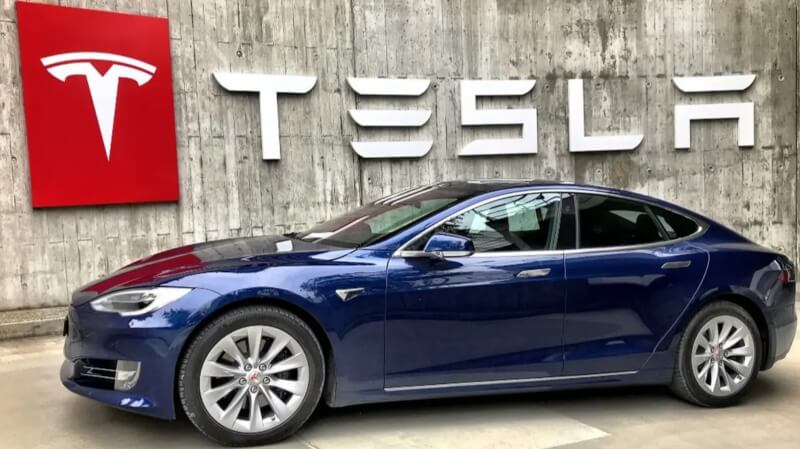Tesla clears regulatory hurdles in China

Elon Musk's Tesla has made significant progress in overcoming regulatory barriers to the rollout of its self-driving software in China, marking a pivotal moment in the company's operations in the country. Musk's unannounced visit to Beijing, where he met Chinese Premier Li Qiang, addressed key issues related to the Full Self-Driving (FSD) software and the transfer of driving data abroad.
Recent developments indicate that Tesla has made significant progress in addressing the regulatory challenges that have previously prevented the adoption of FSD technology in China. Working with Chinese tech giant Baidu to use its map license for data collection on public roads has been instrumental in overcoming some of the challenges.
In addition, Tesla's Model 3 and Model Y vehicles have been recognized as compliant with China's strict data security requirements, further easing the way for FSD deployment. Data security and regulatory compliance have been key concerns for Tesla in China, where regulatory mandates require all data collected by the company's Chinese fleet to be stored within the country.
Musk's visit sought to address those challenges, particularly the issue of obtaining approval to transfer data collected in China abroad for training autonomous driving algorithms. Although Musk's visit was not publicly announced, industry analysts consider it a significant development for Tesla. The company's ability to navigate regulatory complexities in China is seen as a positive sign, given recent concerns over its growth and financial performance.
Tesla's shares have seen a decline in value this year, leading to strategic initiatives such as the introduction of new, more affordable models and the development of a "robotaxis" with self-driving capabilities. The potential for adoption of FSD technology in China is of enormous importance to Tesla's global operations, given the country's unique traffic conditions and market dynamics.
Industry experts believe that China's complex traffic environment presents valuable opportunities for training autonomous driving algorithms, enabling Tesla to accelerate the development of its self-driving technology globally.
Latest gadgets
-
19 Sepgadgets
-
23 Maygadgets
LaserPecker LP5 Laser Engraver
-
01 Maygadgets
Swytch launches Swytch Max+ Kit
-
10 Margadgets
DJI AIR 3S
-
03 Margadgets
Razer Wolverine V3 Pro
-
21 Febgadgets
OBSBOT Tiny 2 SE
-
13 Febgadgets
Corsair launches Platform:4
-
17 Jangadgets
Nerdytek Cycon3
Most read gadgets
Latest gadgets
-
19 Sepgadgets
DJI launches Mini 5 Pro
-
23 Maygadgets
LaserPecker LP5 Laser Engraver
-
01 Maygadgets
Swytch launches Swytch Max+ Kit
-
10 Margadgets
DJI AIR 3S
-
03 Margadgets
Razer Wolverine V3 Pro
-
21 Febgadgets
OBSBOT Tiny 2 SE
-
13 Febgadgets
Corsair launches Platform:4
-
17 Jangadgets
Nerdytek Cycon3






